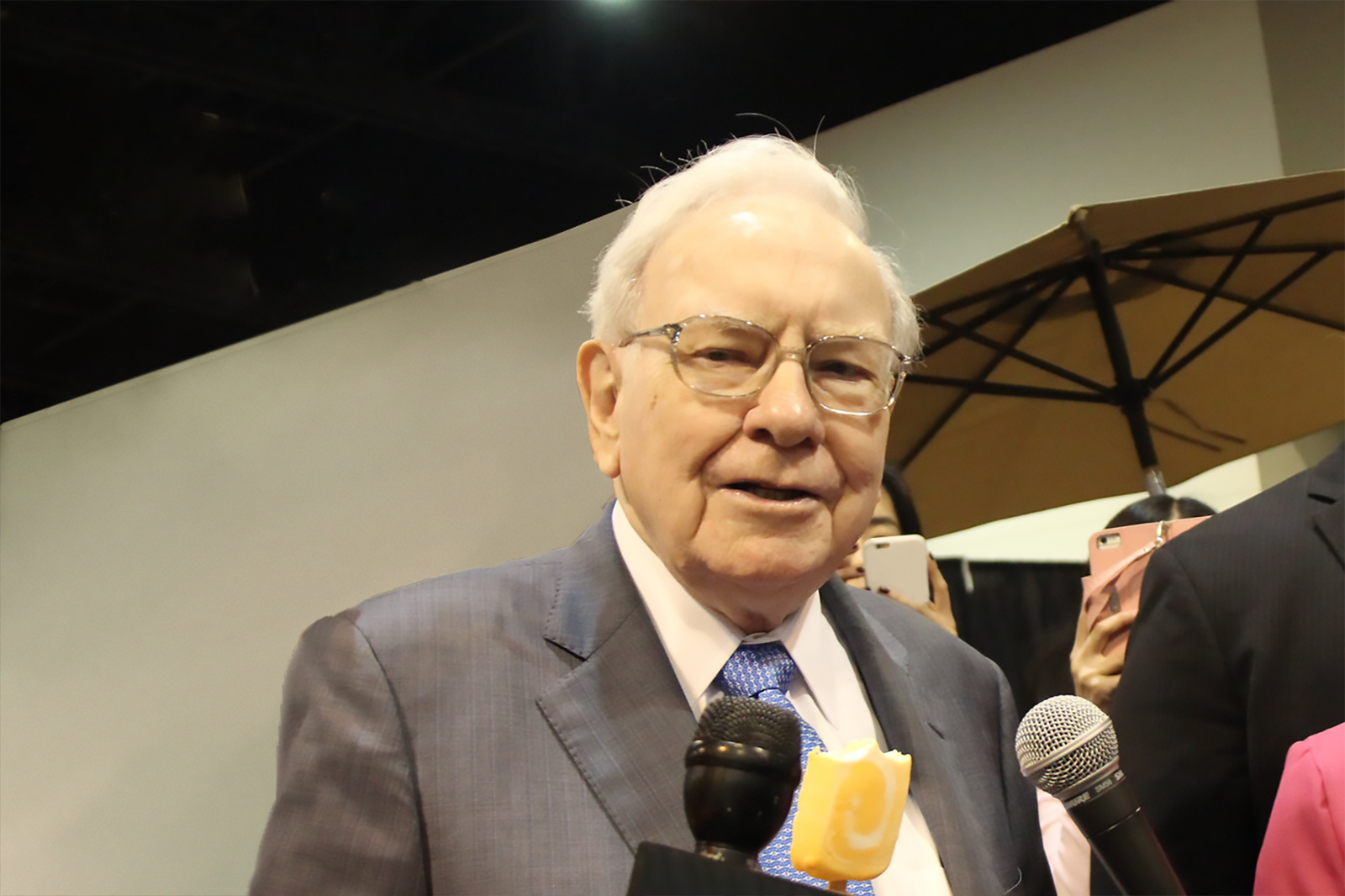Warren Buffett wrote to Berkshire Hathaway shareholders in 2014 that most investors shouldn’t try to pick individual stocks to buy because they couldn’t “predict their future earnings power.” Instead, he recommended that the typical investor buy a “low-cost S&P 500 index fund.”
Berkshire’s portfolio included two low-cost S&P 500 index exchange-traded funds (ETFs) for several years: the SPDR S&P 500 ETF Trust (SPY -0.42%) and the Vanguard S&P 500 ETF (VOO -0.42%). But the conglomerate doesn’t own the ETFs anymore. Buffett exited Berkshire’s positions in both S&P 500 funds in the fourth quarter of 2024.
Why did Buffett sell investments he’s recommended millions of others buy? He hasn’t explained the decision publicly, but several possible reasons exist.

Image source: The Motley Fool.
Unlikely reasons
Let’s start with possible reasons behind Buffett’s sales of the SPDR S&P 500 ETF Trust and Vanguard S&P 500 ETF that are unlikely. Perhaps the easiest one to scratch off the list is that Berkshire needed to raise cash. Although that’s sometimes a reason to sell stocks and ETFs, it doesn’t hold water in this case. Berkshire ended the third quarter of 2024 with over $325 billion in cash, cash equivalents, and short-term investments in U.S. Treasury bills. Selling the two S&P 500 ETFs wouldn’t add much to this total.
Could Buffett have sold these funds because he expects a stock market crash? I seriously doubt it. For one thing, the legendary investor wrote in a 2008 New York Times op-ed, “Let me be clear on one point: I can’t predict the short-term movements of the stock market. I haven’t the faintest idea as to whether stocks will be higher or lower a month or a year from now.”
Buffett has never changed his stance on his lack of ability to forecast what the stock market will do over the near term. In his 2022 letter to Berkshire Hathaway shareholders, he wrote that he believed “that near-term economic and market forecasts are worse than useless.”
We could be on to something with valuation, though. Buffett is a value investor, and the S&P 500 isn’t cheap right now. In fact, the S&P 500 Shiller CAPE ratio, one of the best valuation metrics for the widely followed index, is near its second-highest level in history.
S&P 500 Shiller CAPE Ratio data by YCharts
However, there’s a simple reason to believe that Buffett didn’t sell the two S&P 500 ETFs because of concerns about valuation: Berkshire owns other individual stocks that trade at even higher earnings multiples than the S&P 500, including its largest holding — Apple. If Buffett was truly worried about valuation, he would have sold those stocks too.
Most likely reason
So why did Buffett sell the SPDR S&P 500 ETF Trust and Vanguard S&P 500 ETF? We don’t know for sure. But the most likely reason is that he and his investment managers were doing a little clean-up of Berkshire’s portfolio.
These two S&P 500 index funds were very small positions for Berkshire. The conglomerate owned 43,000 shares of the Vanguard S&P 500 ETF worth roughly $22.7 million at the end of the third quarter of 2024. Its stake in the SPDR S&P 500 ETF Trust was even smaller — 39,400 shares valued at $22.6 million at the end of Q3. Most of Berkshire’s holdings are valued in the hundreds of millions or billions of dollars.
Buffett and his two investment managers, Todd Combs and Ted Weschler, have exited small positions in the past as part of similar portfolio clean-ups. The rationale behind these moves is that it doesn’t make sense to have money tied up in holdings that aren’t significant enough to move the needle much.
Is Buffett’s original advice still sound?
Has Buffett changed his mind about the wisdom of investing in low-cost S&P 500 index funds? I don’t think so.
As Buffett wrote in his 2013 letter to Berkshire Hathaway shareholders, “In aggregate, American business has done wonderfully over time and will continue to do so (though, most assuredly, in unpredictable fits and starts.” Buying S&P 500 ETFs provides an easy way to invest in American business in aggregate.
Buffett acknowledged, though, that investing heavily “at a time of extreme exuberance” could result in paper losses. His solution was to “accumulate shares over a long period and never sell when the news is bad and stocks are well off their highs.” He added, “Following these rules, the ‘know-nothing’ investor who both diversifies and keeps his costs minimal is virtually certain to get satisfactory results.”
That’s still sound advice more than a decade later.
Keith Speights has positions in Apple, Berkshire Hathaway, and Vanguard S&P 500 ETF. The Motley Fool has positions in and recommends Apple, Berkshire Hathaway, and Vanguard S&P 500 ETF. The Motley Fool has a disclosure policy.








